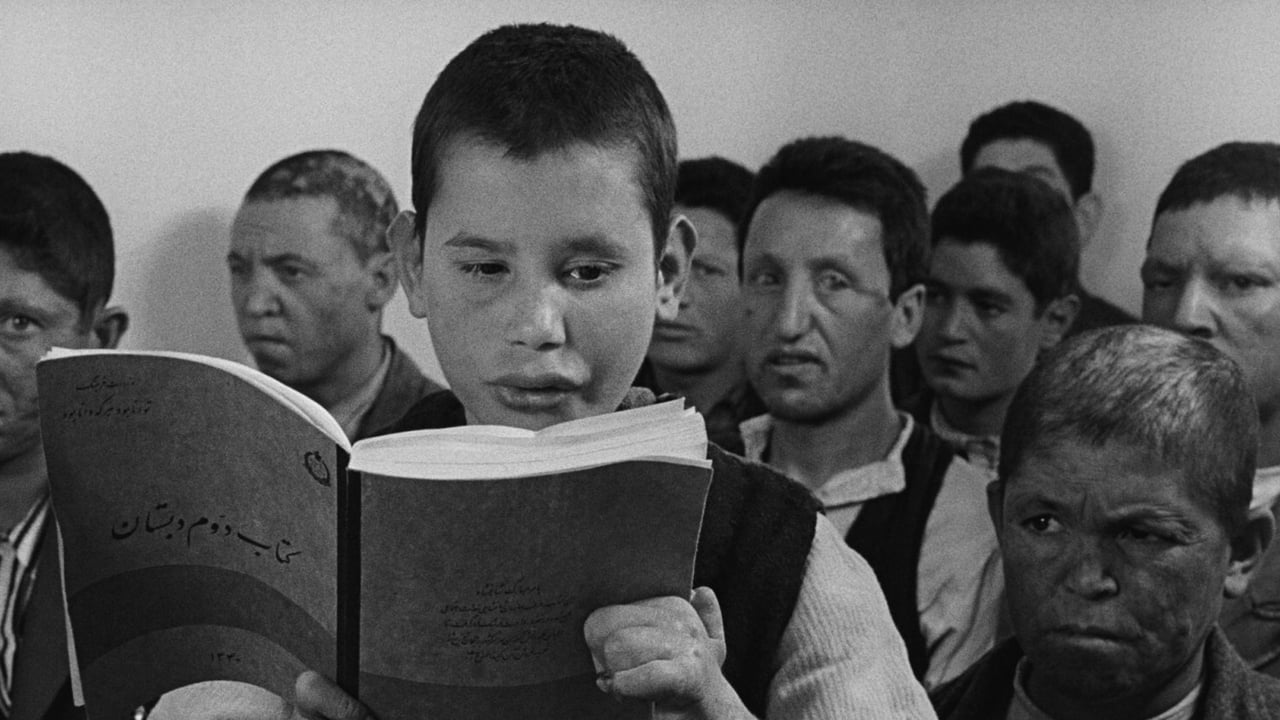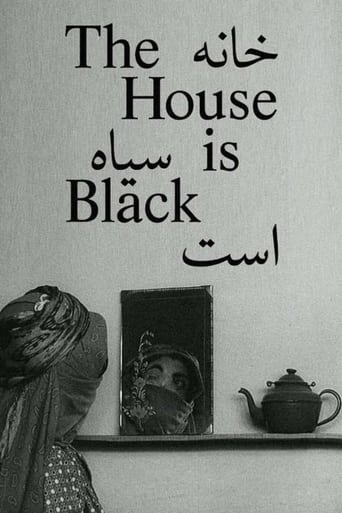



Admirable film.
n my opinion it was a great movie with some interesting elements, even though having some plot holes and the ending probably was just too messy and crammed together, but still fun to watch and not your casual movie that is similar to all other ones.
View MoreThere is just so much movie here. For some it may be too much. But in the same secretly sarcastic way most telemarketers say the phrase, the title of this one is particularly apt.
View MoreBy the time the dramatic fireworks start popping off, each one feels earned.
View MoreI noticed some reviewers thought that MAYBE this film is about something other than its obvious subject, leprosy. Well, after seeing it, I think it's about leprosy. Sure, there's a bit more to it than that, but the film really does seem to be about lepers.As the film progresses, various Muslim prayers and quotes from the Koran are read either by the narrator or by some of the subjects in the film. These are all about beauty and grace of God and are a sharp contrast to the lepers you see throughout the film. Although they appear very pitiful, most seem rather happy, though the film doesn't appear to try to say 'hey, it's great to be a leper'--more that in this day of medical miracles, Hansen's Disease (leprosy) IS curable and it's a horrible thing that so many go untreated. Forugh Farrokhzad (who wrote, directed and appears in the film) does not discuss WHY so many in her native Iran were untreated at the time--just that there is a SHARP contrast between the goodness of God and the plight of these people. This film is unpleasant and will make you think. However, it's a very well made film--one that strikes the viewer with sadness and forces you to look into the ugly face of the illness.
View MoreEven with the high popularity of foreign cinema amongst certain groups of cinephiles, I still can't help but feel one of the many countries to get shafted is Iran and its cinematic efforts. Many countries have had some kind of "New Wave" movement in cinema, where age-old, traditionalist ideas are broken and more daring, unconventional works begin to populate the cinematic market, and Iran's New Wave seems to have gotten greatly shortchanged to being a footnote. For one thing, I consistently find myself being impressed with Iranian filmmaking, as I find that for many different audiences, especially American, it offers a window to a country many people unfairly stereotype or simplify, almost as if those residing in the country are useless subhumans. Furthermore, one of the first films in Iran's New Wave, which started in the early 1960's, was Forough Farrokhzad's twenty-minute short film The House is Black, a somber, somewhat poetic documentary fixated around the Behkadeh Raji leper colony, the first of its kind in Iran. Farrokhzad films various patients in this leper colony, with occasional narrations talking about the treatment for the disease and how these colonies - while initially seeming like isolationist practices - have actually helped out in treating this disease. Leprosy is a condition that greatly affects the skin, can result in the numbing of senses, the deterioration of your immune system, and even body parts like toes and fingers to shorten and become stunted. While it's an ugly disease, Farrokhzad dares explore the beauty of human condition in The House is Black, placing a magnifying glass on this specific colony, while emphasizing that there is all different kinds of beauty in the human race. Punctuated by readings of the Old Testament, the Muslim holy-book the Qur'an, and even original poetry by Farrokhzad, The House is Black treads similar ground to the lengthy, American-made documentaries by industry-veteran Frederick Wiseman, who has erected his career off of observational documentaries on some of the most elusive institutions such as a mental hospital, a horse-racing track, and institutes that help the mentally-handicapped. Here is a film that kicks off a colossal, revolutionary movement in cinema and can be talked about on a level that isn't simply adhering to its technical innovations but its story and its commentary on human beauty and the diversity that plagues it.Directed by: Forough Farrokhzad.
View MoreTo begin with, I was only vaguely aware of this Iranian documentary (albeit one that is regularly featured in all-time best film lists, and which is why I got to it now) and unfamiliar with its country of origin's cinema at large. It is a purportedly educational yet necessarily off-putting look – in unflinching detail! – at a leper colony, where one is actually stunned to learn these still exist in our day and age! For the record, the movie I was most reminded of while watching this was Werner Herzog's similarly matter-of-fact and unsentimental (yet, likewise, understandably dispiriting) EVEN DWARFS STARTED SMALL (1970).While isolated, so as to have their disease contained, the members of the misshapen community involved are nevertheless seen going through many of the typical social functions – school, recreation, even praying! Whether the first (the film's very title coming up in an impromptu reply during class) and last (despite its striving to achieve a lyrical quality) among these are undertaken of their own volition is anybody's guess, indeed doubtful – since the former is basically futile and the latter not only ironic but downright cruel, if you ask me! With this in mind, it is clear that they enjoy themselves most in their leisure time, however they opt to spend it: amusingly, one man fancies himself a singer even if he can only muster a loud racket that seems to exasperate his 'colleagues' as much as they do the viewer!
View MoreOne must consider why the religious emphasis is there. Everyone in this film has a message; the Iranians are known for their no frills directness when it comes to film-making.What is Farrokhzad saying about religion?Additionally; is this film entirely about leprosy, or does it hint toward other kinds of corruption?Is the previous reviewer certain that there were scripted scenes? I admit it's been a while so I can't clearly remember; however another rule of Iranian film is that can be very hard to distinguish the scripted and the natural. If you want to test this, check out Kiarostami's wonderful "Close-up" or Samira Makhmalbaf's "Apple". The events are real as are the actors, beyond that...well just watch em. With your thinking hat on.OK i'm done.
View More